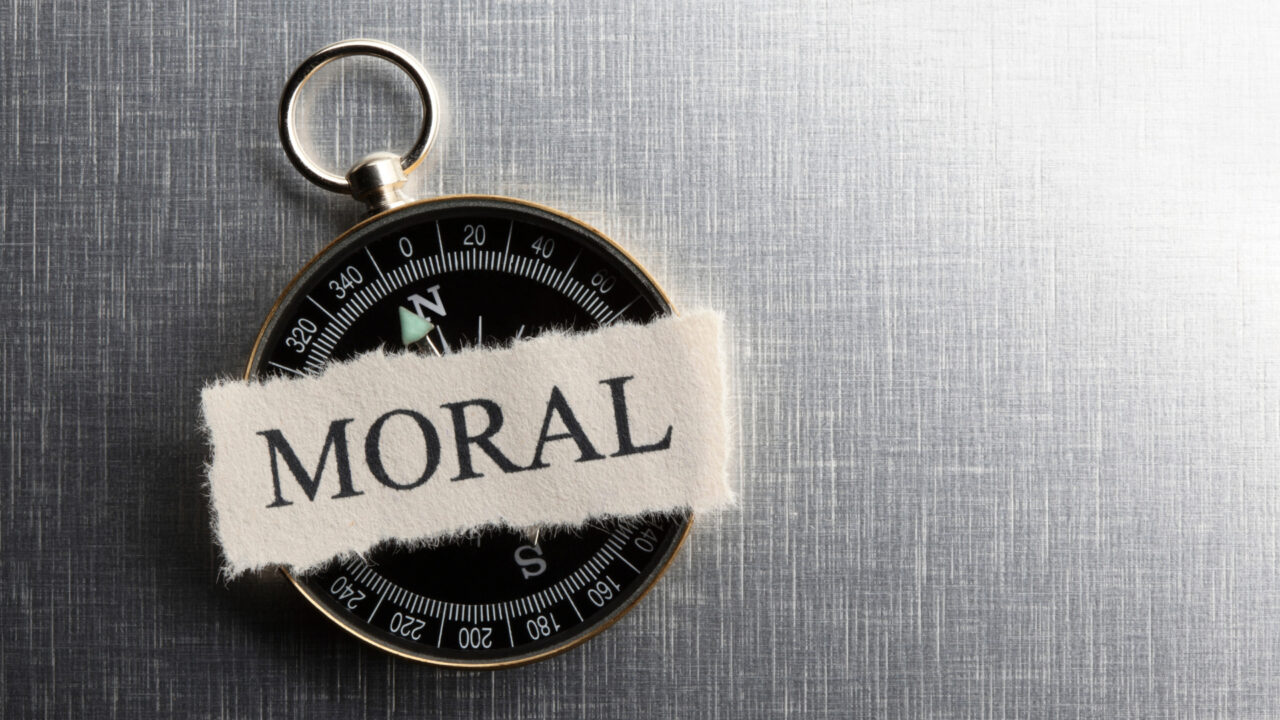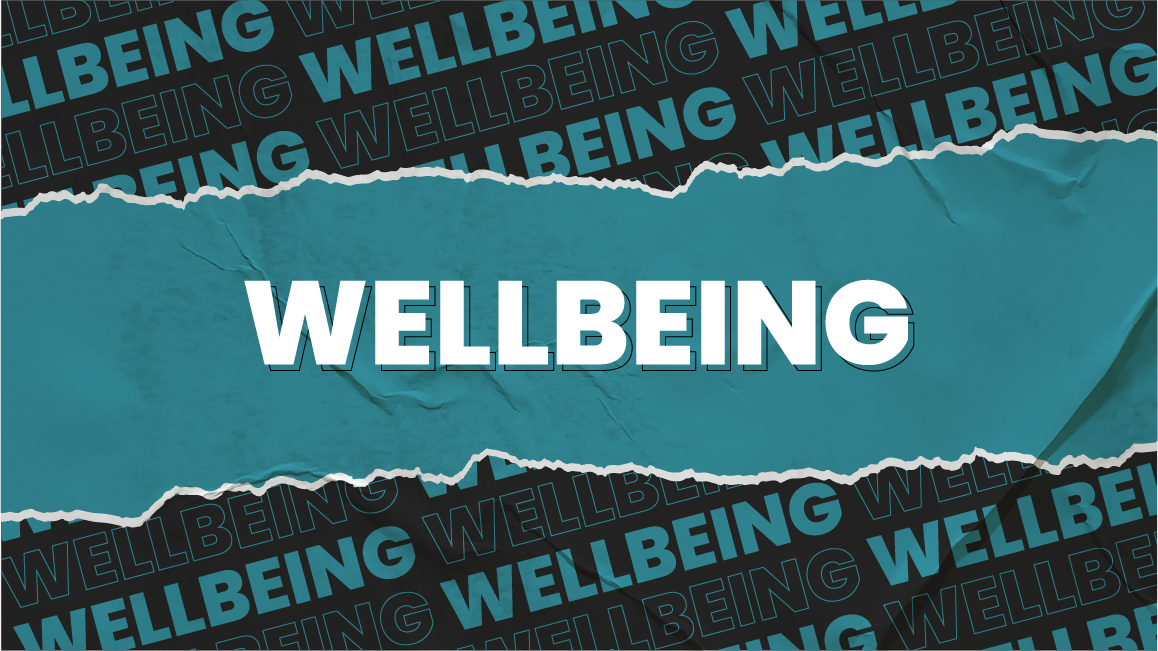What Exactly Is A Moral Compass?
Being able to tell right from wrong and act on it accordingly under those judgments is what the dictionary refers to as having a “moral compass.” Some people think of it as a collection of ideals or higher education that directs our course of action, determines what we do and what we choose, and establishes who we are as individuals.
Ethical behavior is the legal and moral code guiding employee behavior at work. Being a professional requires more than wearing a nice suit.
In its most basic form, a moral compass is what its name implies. It indicates that we should head in the right direction. Even though each of us as a person may have a unique perspective on what constitutes right and wrong, our internal moral compass points us toward an objective standard. It does more than show us what is right and wrong in the world. It enlightens us about what needs to be done for the greater good, even if doing those things isn’t necessarily in our best interests.
If we don’t have a moral compass to direct us, it’s very easy to do whatever is most convenient for us, regardless of whether or not it’s the right thing to do. To exaggerate the truth or act in a way that has unintended consequences for ourselves and those around us is easy. We deteriorate into monsters of egotism and gluttony, caring only about satisfying our requirements and desires.
What Are Moral Compass Examples?

Establish Your Roots In Your Identity
It is very difficult to make any moral choices, much less good ones, if you do not know what you stand for, your ethics and beliefs, and what you consider right and wrong. You can give yourself and the people around you a feeling of consistency by articulating and upholding a core set of moral principles.
When confronted with ethical problems, the ability to draw parallels to previous events will make you more stable and less prone to rash decisions. If you have a consistent moral standard, you can sense what is right and wrong rather than what is relative to you.
Your moral compass can help define a set of personal values that will serve as a map for you to follow when making decisions, particularly in circumstances that raise ethical concerns. Individual and family values include kindness, honesty, respect for others, dignity, putting one’s family first, and taking personal responsibility.
When you know which of your morals are important to you and most significant to you, you are in a position to direct your actions so that they are consistent with these admirable qualities.
Watch Out For The Bigger Picture
A dedication to moral values such as justice, kindness, and equity helps to safeguard the greater good. Compassion toward one another and advocacy for equal opportunities for all can contribute to developing a society that is more open to different people and supportive of individual agency. The more we make an effort to better the lives of other people, even when those other people are very different from ourselves, the more we can construct a moral society.
It is also true that this will be the case to a greater extent to the extent that we refrain from intentionally causing harm to our fellow human beings. People who act with the greater good in mind regularly consider whether or not their actions are commensurate with their responsibilities and obligations to something more significant than themselves.
Strive To Improve Your Self-Confidence
People aware of their position on various moral and ethical issues tend to have a more robust sense of self-worth and self-confidence. They have the confidence to follow the advice of that still, small voice inside their heads that directs them toward doing what is right and keeps them from doing what is wrong. Many signs indicate people with a strong moral compass experience a higher sense of integrity, leading to more happiness, focus, grounding, and a sense of purpose.
You can gain a more intimate understanding of self by engaging in self-inquiry, self-reflection, and personal transformation, which are frequently necessary to effectively recognize and define one’s moral compass. It will only serve to increase your confidence and sense of self-worth.
Serve As A Positive Example For Others
As soon as they take on the responsibility of parenting, many people find that they start to reflect a lot more deeply on their internal moral compass and the personal code of ethics they have developed. Most parents intend to set a positive example for their offspring by providing them with the ethical and moral foundation necessary to flourish as individuals and contribute positively to society.
One need not be a parent to serve as an example to others. You could also be a coach, teacher, mentor, or leader in a religious group. For each of these leadership roles, you need to know what your values and morals are so you can help others grow. To be a leader, you must understand your values and moral perspectives.
It would be best if you had a standard by which you can work through moral dilemmas that test you to be a trusted leader or role model. You must also know who you are and what you stand for to succeed in either role. Thanks to this method, you will determine the ethical compromises you are and are not willing to make if you are in a leadership position.
Cultivate Good Relationships in Your Life
People guided by a strong moral compass typically have healthier relationships and enjoy closer companionship with those in their immediate environment. They can do the least harm possible while making the most of their positive contributions to society. Even though these individuals may have a strong sense of their individuality, they can also recognize that they are a component of a larger picture that requires care and attention.
Some people may even argue that the capacity to prioritize the requirements of others over one’s needs constitutes the very essence of humanity, which, in turn, results in more fulfilling personal relationships and a more robust and interdependent society.
Why is it important to have a moral compass?
If you have a strong moral compass, finding the right balance between your mind and your heart will be much easier—realism and idealism, as well as your requirements and the requirements of others.
A moral compass can point you in the direction of what you ought to do in a particular circumstance, as opposed to simply what you want to do or even what others want you to do. The accuracy of your moral compass is one factor that defines your character, influencing how other people engage with you.
Does having a strong moral compass mean that one is incapable of ever having an ethical lapse or making a mistake? It’s not the case; rather, people with a clearly articulated set of moral values will be able to draw lessons from their mistakes of this nature and use those lessons to improve their decision-making in the future.
As human beings, the circumstances that frequently put our moral fortitude to the test help us develop a more robust moral compass.
















